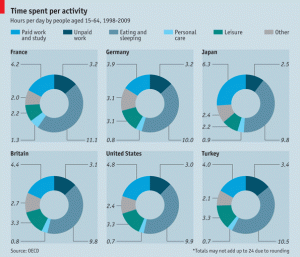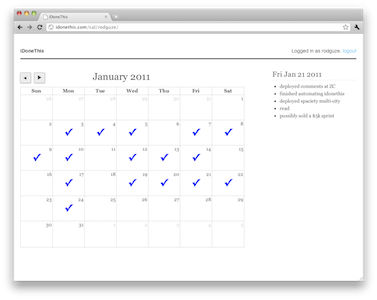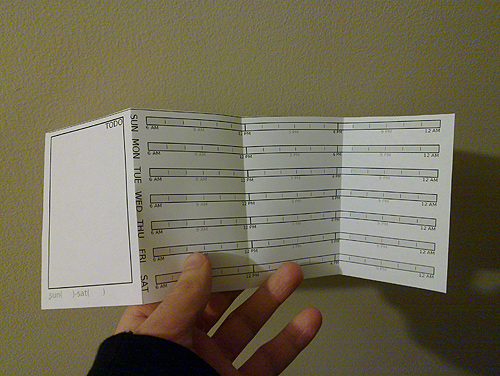How to graduate college faster
Instead of using some elaborate organizing system, I stuck with a very basic pen and paper to-do list. My only organizing tool was a notepad where I wrote down all my assignments and their deadlines. I didn’t worry about doing any advance scheduling or prioritizing. I would simply scan the list to select the most pressing item which fit the time I had available. Then I’d complete it, and cross it off the list.
If I had a 10-hour term paper to write, I would do the whole thing at once instead of breaking it into smaller tasks. I’d usually do large projects on weekends. I’d go to the library in the morning, do the necessary research, and then go back to my dorm room and continue working until the final text was rolling off my printer. If I needed to take a break, I would take a break. It didn’t matter how big the project was supposed to be or how many weeks the professor allowed for it. Once I began an assignment, I would stay with it until it was 100% complete and ready to be turned in.





